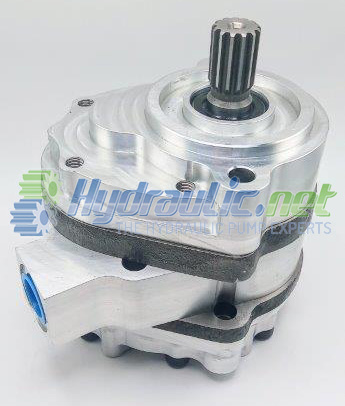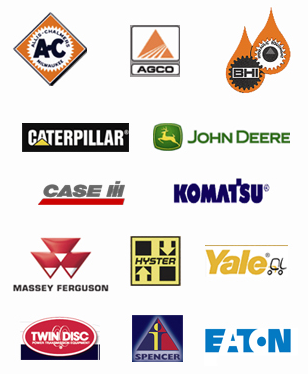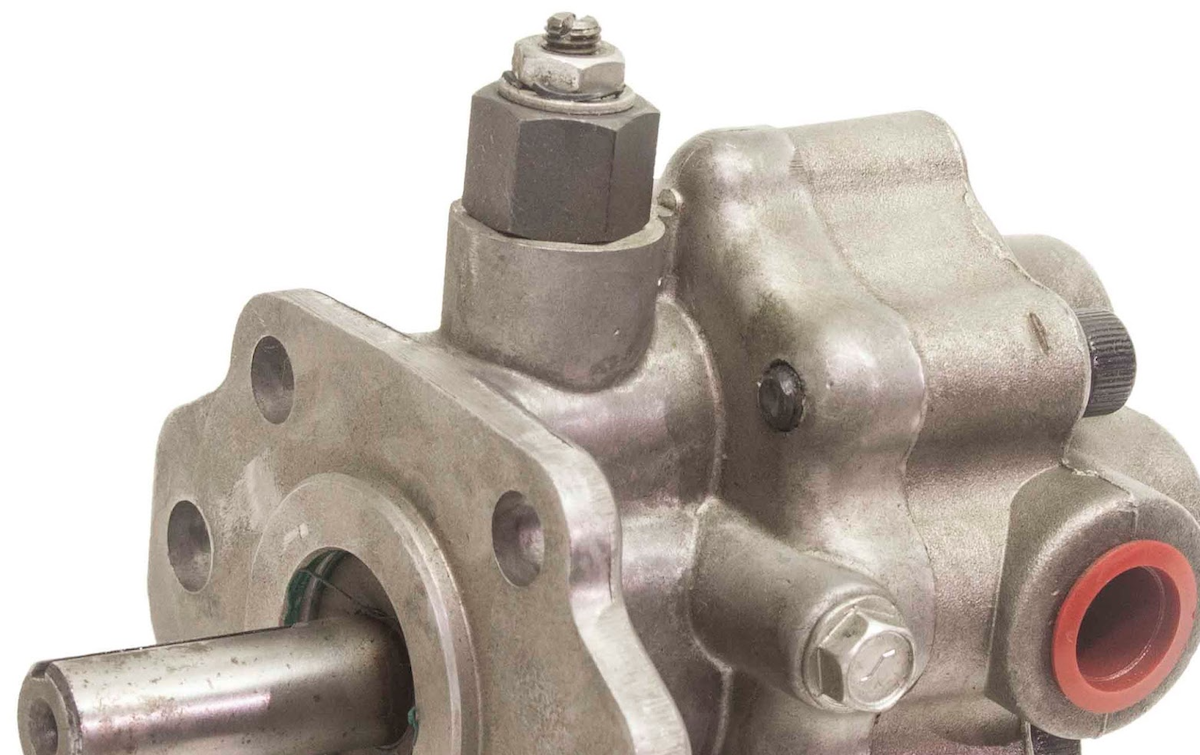
Hydraulic pumps are used in skid steers and tractors and other farm equipment. The primary role of a hydraulic pump is to produce the energy required by the system for performing different tasks.
Like other machines, hydraulic pumps can develop problems over time and stop working. If you’re noticing a drop in your hydraulic pump’s performance and other signs of hydraulic pump problems, have a professional inspect the device and perform necessary repairs.
Every hydraulic pump owner should know about these common causes of hydraulic pump failure.
Contamination
Airborne particles, debris, and metal parts can enter the hydraulic fluid, contaminating it. Contaminated hydraulic fluid can damage hydraulic pump components and cause them to deteriorate faster. If the hydraulic fluid appears cloudy or milky, water contamination has occurred.
Water in your hydraulic pump can create a corrosive environment, wearing out hydraulic pump components prematurely. Also if air from outside enters your hydraulic pump (aeration) through leaks and loose connections, it can damage the parts of the device.
Overheating
There are several causes of hydraulic pump overheating-from a blocked or clogged filter to low reservoir fluid and lack of maintenance. Regardless of the cause, overheating can lead to oxidation of the hydraulic fluid (which only makes matters worse). It can cause thermal expansion of hydraulic pump components, leading to excessive wear.
Cavitation
Air bubbles can form and eventually implode in the hydraulic fluid, causing cavitation, which can lead to pitting of the pump’s surface. Low hydraulic fluid levels and restricted fluid flow can also lead to cavitation.
Poor Quality Hydraulic Fluid
The wrong type of hydraulic fluid can affect hydraulic pump performance and ultimately lead to pump failure.
Improper System Design
A wrong-size hydraulic system can lead to overloading and premature failure. Incompatible pump components can affect system performance and lead to excessive wear and tear.
Tips to Prevent Premature Hydraulic Pump Failure
Follow these tips to increase the service life of your hydraulic pump.
- Regularly check the hydraulic fluid to make sure it is clean and free from contaminants. Use high-quality filters to keep debris and dust out of the system
- Low hydraulic fluid levels can lead to cavitation. Check fluid levels at regular intervals and top up as required
- High hydraulic fluid temperature can damage the pump components. Ensure good airflow around your hydraulic pump and use coolers if necessary to prevent hydraulic pump overheating
- Use the hydraulic fluid recommended by the pump manufacturer
- Periodically check the system’s pressure using gauges. Replace damaged or worn out seals
- Visually inspect your pump for signs of damage such as leaks. Lubricate components and replace clogged filters
Hydraulic.net is a renowned supplier of hydraulic pumps. Regardless of your application, we will have the right pump for it. To place your order, call (630) 543-7630.





